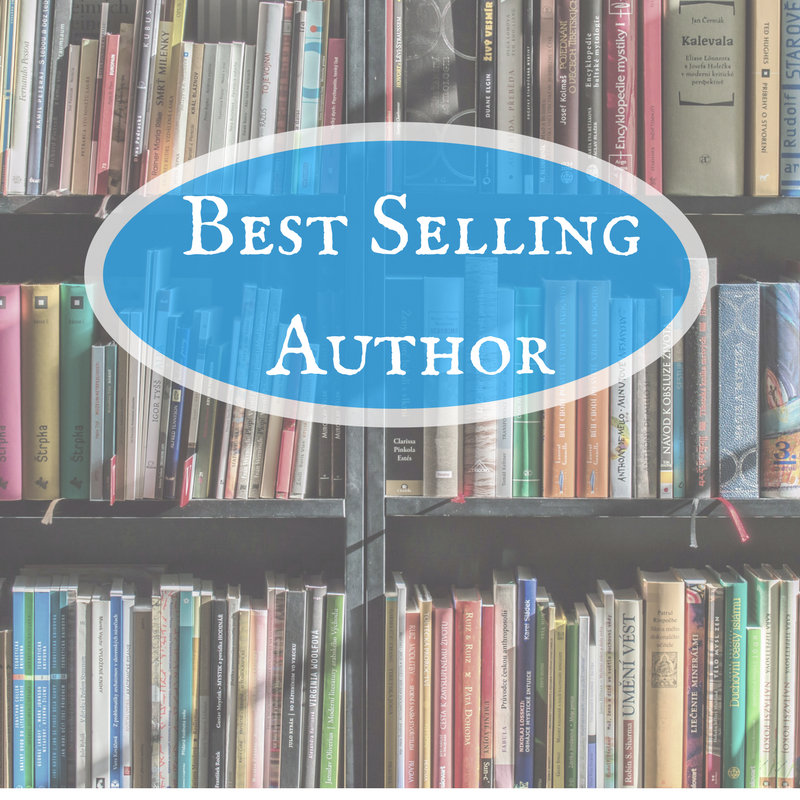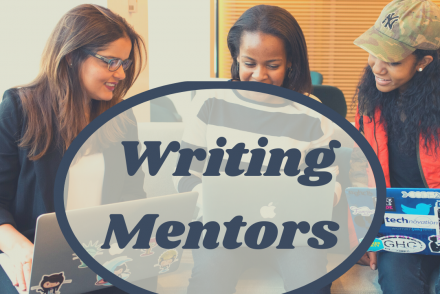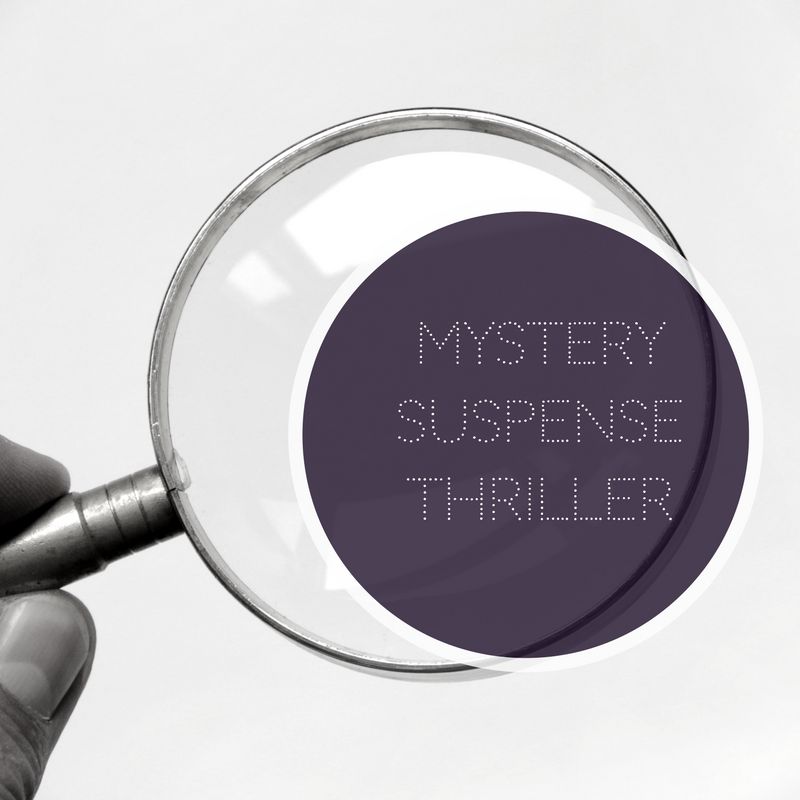
Award-Winning Author Interview with Lori Altebaumer
Can you share a little about your recent book? Maribel Montgomery may be a lifelong Texan, but growing up…
December 1, 2021
Can you share a little about your recent book? Maribel Montgomery may be a lifelong Texan, but growing up…
December 1, 2021
Writers are frequently encouraged to identify their target audience. However, we don’t always look at a target audience through…
November 24, 2021
Can you share a little about your recent book? Why do you write? Do you have a theme, message,…
November 1, 2021
Why do you write? How does what you write benefit others? Have you identified the purpose or ministry of…
October 24, 2021
Websites are part and parcel of the modern professional lifestyle. This is especially true for anyone working on their…
October 22, 2021
Freelance writing isn’t always the easiest way to make a living. Moving from project to project demands concentration, adaptability,…
October 9, 2021
Email marketing is a tried and true practice in the marketing space and has been for a long time.…
October 2, 2021
Can you share a little about your recent book? Lethal Cover-Up is a story about sisters and what happens…
October 1, 2021
Ever since the lockdown of 2020, there has been a flux of self-published authors all over social media promoting…
September 28, 2021
The Christian Authors Network’s innovative Crown Awards celebrate excellence in Christian Media and Marketing. Purpose: To recognize, educate, and…
September 26, 2021
Writers Chat, hosted by Jean Wise, Johnnie Alexander, and Brandy Bow, is the show where we talk about all…
September 20, 2021
Why do you write? Do you have a theme, message, or goal for your books? I write to teach…
September 19, 2021
Online tools are providing tons of help to bloggers in every aspect. Starting from research, creativity, content creation, proofreading…
September 14, 2021
When you’re a professional writer, your resume is going to look a bit different. It’s not enough to share…
September 5, 2021
So, you want to learn how to be a freelance writer? Freelancing is a great option to keep yourself…
September 5, 2021
Can you share a little about your recent book? A true story of beating insurmountable odds can be stranger…
September 1, 2021
Writers Chat, hosted by Jean Wise, Johnnie Alexander, and Brandy Brow, is the show where we talk about all…
August 31, 2021
The Christian Authors Network’s innovative Crown Awards celebrate excellence in Christian Media and Marketing. Purpose: To recognize, educate, and…
August 26, 2021
Writers Chat, hosted by Jean Wise, Johnnie Alexander, and Brandy Bow, is the show where we talk about all…
August 20, 2021
Why do you write? Do you have a theme, message, or goal for your books? I write to help…
August 19, 2021
Oh, the work you put into developing your sleuth, your investigator, your detective! Whether old or young, tall, or…
August 17, 2021
Blogging is one of the foolproof ways of building a good audience. It isn’t easy though, considering that it…
August 11, 2021
We’re all familiar with phrases that warn us of danger lurking ahead. Look before you leap. You can’t be…
August 10, 2021
“Then I’ll huff, and I’ll puff, and I’ll blow your house down!” said the Big Bad Wolf. Children engage…
August 8, 2021
Can you share a little about your recent book? Strength of a Woman: Why You Are Proverbs 31 looks…
August 1, 2021